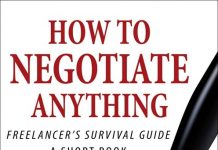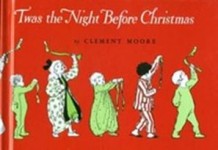 One of the cool things about this age of digital book-selling is the ability it gives retailers to compile and aggregate statistical information. In that vein, Amazon has released its annual list of ‘well-read’ cities—determined by “compiling sales data of all book, magazine and newspaper sales in both print and Kindle format since June 1, 2011, on a per capita basis in cities with more than 100,000 residents.”
One of the cool things about this age of digital book-selling is the ability it gives retailers to compile and aggregate statistical information. In that vein, Amazon has released its annual list of ‘well-read’ cities—determined by “compiling sales data of all book, magazine and newspaper sales in both print and Kindle format since June 1, 2011, on a per capita basis in cities with more than 100,000 residents.”
Here are the top 5 cities:
Alexandria, Va.
Cambridge, Mass.
Berkeley, Calif.
Ann Arbor, Mich.
Boulder, Colo.
I see a lot of college towns on that list! I wonder how big a factor that is? More in the release, here.

































I suspect something else is at play here. The list is mostly academic towns and, while such people may read a lot, much of what they read can’t be devoured in an evening. I’m also surprised retirement communities aren’t on the list thanks to high thriller/romance novel sales.
My hunch is that the list is less a measure of reading and more a measure of income and busyness. Amazon sales tilt toward people with ample income and limited time. They can afford to order a book from Amazon, browse through it, and discard it. Those with less money and more free time check a book out of a public library.
I’m in the latter category. I read a lot, but it’s almost exclusively library books.
We don’t even know whether, to what degree or in what direction these figures may be skewed. Unless, of course, the qualifier is “among Amazon customers.” Even then, Amazon’s stinginess with truly usable data is a source of great concern.
Amazon aside, we also have a great bifurcation of data when we consider eReading that is available for free as opposed or contrasted to eReading that is available only after money changes hands.